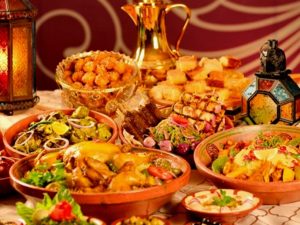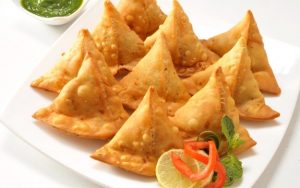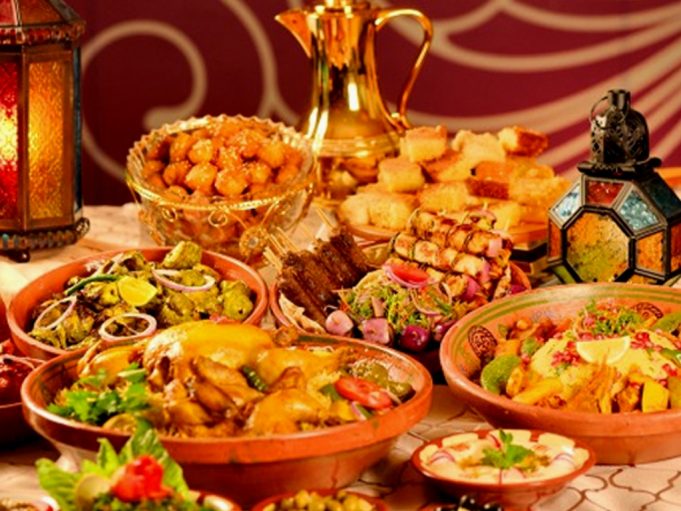Iftaar Do’s And Don’ts
Iftaar Do’s And Don’ts: Health experts have warned against overeating during the holy month of Ramazan as this can cause several stomach related diseases.
Here are few tips that can help you have Iftaar in a healthier way.
Do’s
- Begin iftar with dates, providing you with an immediate source of energy. Rehydrate yourself with plenty water. Dates are rich in nutrients and the perfect choice to break your fast with. Not only is it sunnah to do so but these little bursts of energy help hydrate you quickly and provide an instant energy after long fasting hours. And of course, drink a lot of water and as many fruit juices as possible to keep yourself hydrated.
- Almonds are another great option as they contain good fats which are essential after fasting for long hours. Iftaar is the perfect time to have them as they will also quench your need to binge.
- Hydrating vegetables such as lettuce and cucumbers will help keep your body cool and refreshed, as well as make the skin look fresh during Ramazan. They also prevent constipation.
- Natural juice drinks when breaking the fast are a good source of minerals, salts, and vitamins.

- Resist the urge to feast as much as you can, as quickly as you can. After a day of fasting and discipline, resist this instinct and illusion — aim to eat in moderation.

Don’ts
- Avoid carbonated drinks and processed beverages to quench your thirst and keep away from high-sugar food items such as chocolates and sweets. Consuming them after fasting can lead to instant weight gain and health related complexities in the future.
- Also, we know you won’t be too happy about this but fried foods such as samosas and pakoras should be avoided as much as possible as they can prove to be detrimental to one’s health in the long run.

- Avoid high-fat, high-sugar content, and highly-processed food. By iftar time, our bodies are working to preserve as much energy possible. Excessive fatty food and sugars will be rapidly added to body fat reserves.
- Salty food at iftar and Sehri will cause dehydration and make you feel increasingly thirsty.
For More Information & Videos Subscribe To Our YouTube Channel

